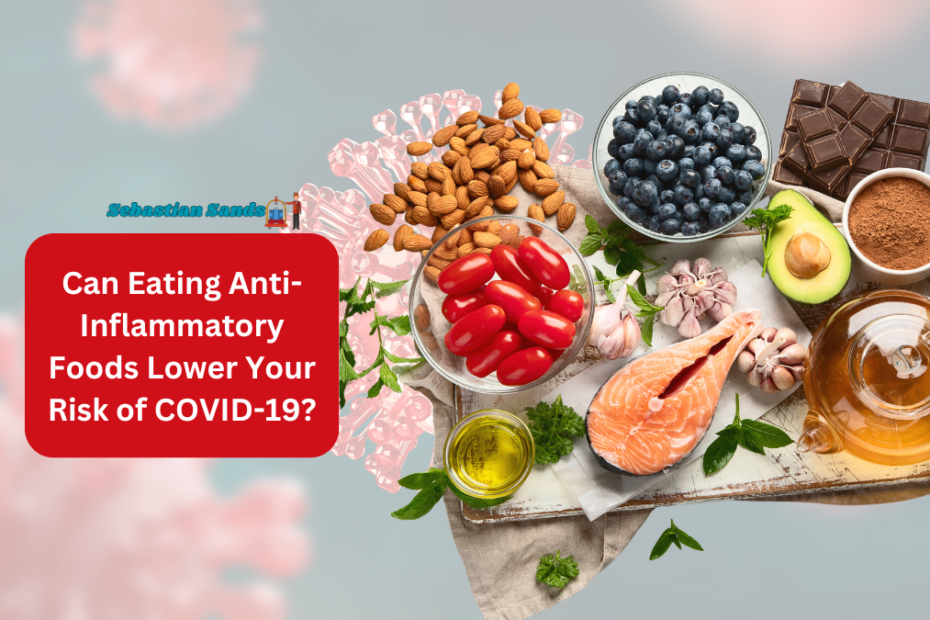The Mediterranean diet is known for being one of the healthiest ways to eat. It focuses on lots of fruits, vegetables, whole grains, nuts, seeds, fish, and olive oil, with smaller amounts of poultry, eggs, cheese, and yogurt. This diet is famous for helping keep your heart and brain healthy, managing weight, and even helping you live longer.
Now, a new study published on August 21, 2024, in PLOS ONE suggests that following this diet might also lower your chances of getting COVID-19. While the virus isn’t as dangerous for everyone anymore, it can still be a serious health risk for many. Here’s what the study found and what it could mean for you.
What Did the Study Show?
Researchers looked at a bunch of studies about the Mediterranean diet and COVID-19, focusing on six studies that involved over 55,000 people. They wanted to see if people who ate a Mediterranean-style diet were less likely to catch COVID-19 or have worse symptoms if they did get sick.
The results? People who closely followed the Mediterranean diet were slightly less likely to catch COVID-19, although the difference was small. As for reducing symptoms or making them less severe, there wasn’t a very strong link.
However, some foods within the diet—like olive oil, fruits, nuts, and less red meat—did seem to lower the risk of getting COVID-19. Eating more veggies, whole grains, and fish was also linked to fewer severe symptoms if people did get sick.
Read More : Dunkin’s New Almond Spice Coffee: What Dietitians Recommend For a Healthier Sip
How Does This Diet Help?
So, why might this diet help? It’s all about your immune system and inflammation. When you get sick, your body fights off the infection through inflammation. The stronger your immune system, the better it can handle viruses like COVID-19.
Some foods can make inflammation worse, which weakens your immune system. These include sugary foods, processed carbs, and unhealthy fats. But foods like fruits, veggies, nuts, and fatty fish (like salmon) help fight inflammation, which keeps your immune system strong.
The Mediterranean diet is full of these good, anti-inflammatory foods, which may help your body stay healthier and better prepared to fight off illness.
Why Are Nutrients And Gut Health Important?
It’s not just about eating healthy foods. Certain vitamins and minerals, like vitamins A, C, and D, along with zinc, are key for keeping your immune system in top shape. While vitamin C is known for boosting immunity, these other nutrients are just as important.
Your gut health also plays a big role. Most of your immune system is in your gut, so eating foods that support gut health is crucial. Probiotics, found in foods like yogurt, kefir, and fermented foods like kimchi, are good for your gut.
And fiber-rich foods like fruits, veggies, and whole grains feed the good bacteria in your gut, helping it thrive and keeping your immune system strong.
Read More : 10 Best Sam’s Club Deals You Can’t Miss in September
Other Habits That Impact Your Immune System
Besides food, other lifestyle choices affect how well your immune system works. Getting enough sleep, managing stress, staying active, and limiting alcohol are all important. Too much exercise or sleep can weaken your immune system, while regular, moderate amounts of both are good for it.
In short, taking care of your overall well-being is key to staying healthy, especially when it comes to fighting off viruses like COVID-19.
The Takeaway
This new study suggests that following a Mediterranean diet might help lower your risk of getting COVID-19 and could reduce symptoms if you do get sick. But remember, it’s not just about food. Other factors, like sleep, stress, and exercise, also play a big role in keeping your immune system strong. And don’t forget the basics, like washing your hands—it’s still one of the best ways to stay healthy!
Thanks for visiting our site hope you like it and find it helpful…
